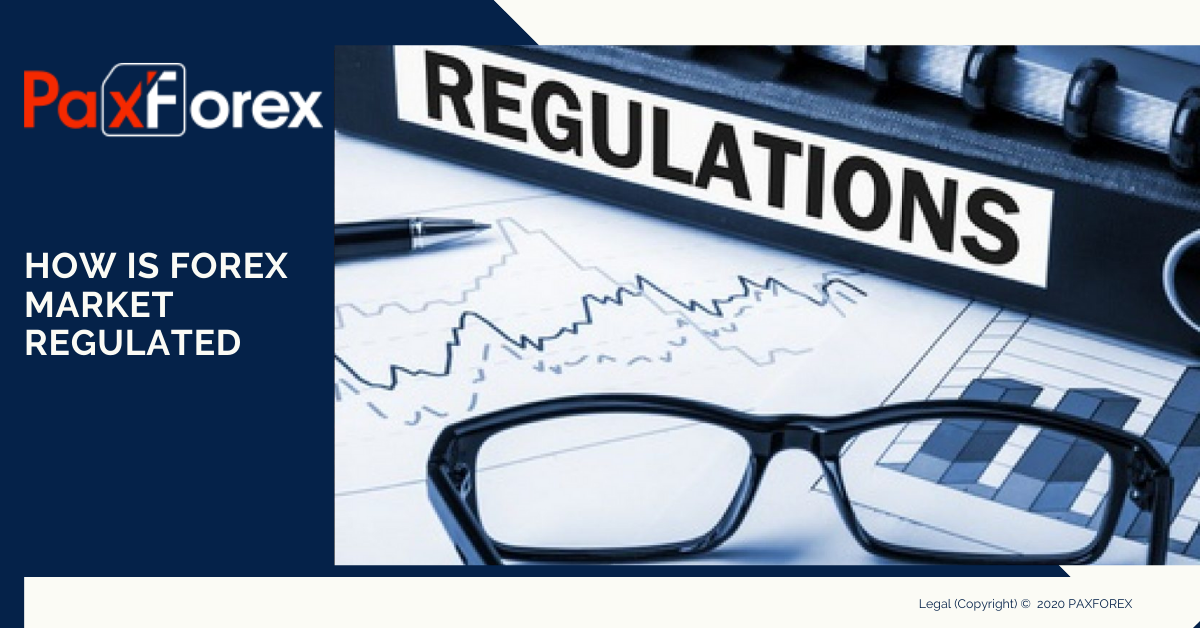
The role of forex regulation is to guarantee fair, ethical business behavior. According to the current regulatory contracts, forex brokers, signal sellers, and investment banks are expected to operate in strict obedience of the standards and regulations provided by the regulators or their businesses will be deemed illegal. These bodies should be registered and licensed in the country of operation to ensure quality control measures are met. The regulated brokerage houses are open to periodic evaluations, reviews, and audits which ensure they maintain all the industry standards.
The foreign exchange industry is a multi-billion-dollar industry, one which sees currencies change hands every second of every day. Given the involvement of currencies from all four corners of the globe, governments have attempted to implement rules and legislation to regulate each forex trading platform that offers retail trading via desktop, smartphone or tablet devices. Subsequently, there are many international bodies that attempt to ensure forex brokers adhere to recognized industry protocol and provide a legitimate, transparent place for retail traders to invest in the forex markets.
Financial services regulation in Europe is carried out at the national level by domestic regulatory agencies such as the Financial Conduct Authority (FCA) based in the UK, the Cypriot Securities and Exchange Commission (CySEC), Germany’s tongue-twisting Bundesanstalt für Finanzdienstleistungsaufsicht (BaFin for short), amongst many others. Although each European country has its own regulator to oversee their domestic markets, there also exist intra-national regulatory agencies that provide oversight on a regional level.
With the exception of currency futures and options traded on exchanges like the Chicago IMM, foreign exchange trading generally takes place in a remarkably decentralized manner. Essentially, the forex market has no formal exchange or location, despite being the largest capital market in the world. In fact, the majority of forex trading occurs on a huge global telephone and electronic communication network or ECN where banks and other major participants trade forex 24 hours a day, five days a week. Despite the enormity of the volume traded on the forex market, it remains one of the last largely unregulated financial markets, with no international organization or agency overseeing Interbank trading activity which is ongoing and global in its scope.
The global supervisory bodies regulate forex by setting standards which all brokers under their jurisdiction must comply with. These standards include being registered and licensed with the regulatory body, undergoing regular audits, communicating certain changes of service to their clients, and more. This helps ensure that currency trading is ethical and fair for all involved. Every country has its regulatory authority that lays down the framework of rules that are to be complied with on the forex trading market. Under the regulatory guidelines, all brokers, investment banks, and hedge funds must strictly follow the prescribed rules, otherwise, their operation in the particular country is deemed illegal.







